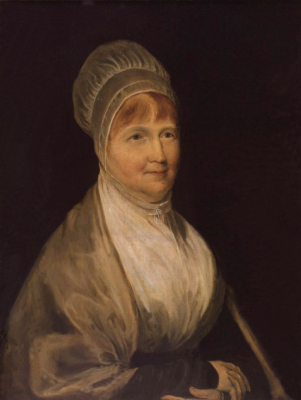
Elizabeth Fry (1780-1845) was an English prison reformer of the Victorian era. In 1812, she visited Newgate prison in London which housed men as well as women prisoners. The prisons were overcrowded and filthy, and Fry was shocked to see the conditions in which prisoners lived. She then committed the rest of her life to prison reform.
Fry gave practical solutions to improve the conditions of prisoners, such as bringing food and clean clothes for them. She spent nights in various prisons to understand what it was like to live there. Fry believed that it was important to encourage prisoners to develop a sense of self-respect, as this would help them to reform.
Fry founded the Association for the Reformation of the Female Prisoners in Newgate in 1817, which was one of the first nationwide women's organisations in Britain. (This association helped female prisoners to adapt to society after their release from jail.) She also started a night shelter for homeless people after she saw a young boy lying dead on the streets.
Fry's books include "Prisons in Scotland and the North of England" (1819) and "Observations on the Visiting, Superintendence and Government of Female Prisoners" (1827). The Home Office Minister of the time, Robert Peel, admired Fry's work and he passed the Gaol Act in 1823, which improved prison conditions in London to an extent.
Picture Credit : Google




